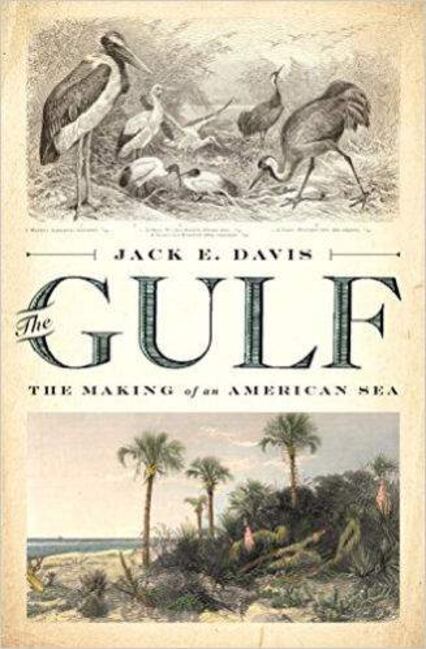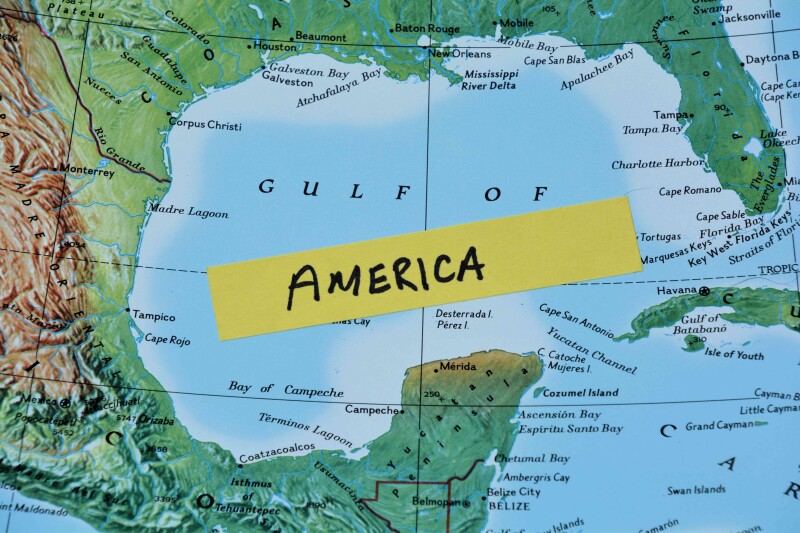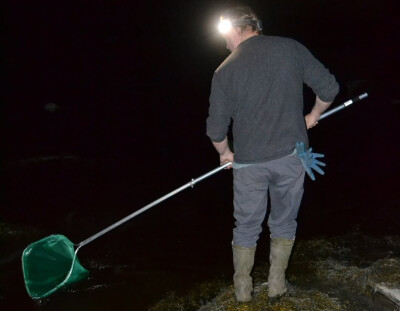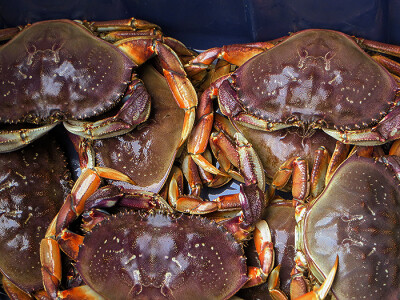Jack E. Davis’s 2017 book, The Gulf: The Making of an American Sea, may have been prophetic in regards to renaming the Gulf of Mexico.

Executive Order 14172, signed by President Donald Trump on January 20, 2025, the day of his second inauguration, officially renamed the body of water stretching from Florida to Texas as the Gulf of America. On May 8, the U.S. House of Representatives voted in favor of the Gulf of America Act, which, if passed by the Senate, will codify the name change and make it difficult for future presidents to change the name again.
The subtitle of Davis’s book, “The Making of an American Sea,” reveals much about the content of the book, including the development of the Gulf’s fisheries. As Davis describes it, a New Englander, Leonard Destin, sailed down to the place later named after him, Destin, Florida. He and other fishermen discovered the 100-fathom curve and abundant stocks of mackerel, grouper, snapper, and other species. Destin built up a fishing fleet, supplied markets around the Gulf, and started to ship fish North.
Davis notes that Americans, primarily transplanted New Englanders, expanded the commercial fishing industry in the Gulf. “Commercial fishing was the Gulf’s first industry of real importance,” he writes. “Citizens of the United States did not initiate it, but they seized it, while affirming the transition of the Gulf from a Spanish to an American sea.”
Nonetheless, while commercial fishing is mentioned throughout the book, only one chapter—A Fishy Sea—is dedicated to the subject, and Davis himself points out the need for a deeper dive into the history of fishing in what has become the Gulf of America.
When President Trump celebrated the first Gulf of America Day on February 20, 2025, some fishermen on Facebook wondered: “Since the fishing regulations in the Gulf all specify ‘Gulf of Mexico’ and not ‘Gulf of America’, does that mean that it is now a technical free for all?” The National Oceanic and Atmospheric Administration (NOAA) and others quickly pointed out that regulations apply to areas defined by latitudes and longitudes, not place names, and speculation diminished quickly.
“Federal regulations continue to govern waters from nine nautical miles offshore (three nautical miles for Texas and western Florida) to the extent of the U.S. Exclusive Economic Zone,” Rachel Best writes in the online publication, The Spread. “The National Marine Fisheries Service still oversees these waters… changing the gulf's name doesn't change the biological needs of the fish populations or the conservation principles behind these rules.”
While speculation about a free-for-all in the Gulf was briefly amusing, in the Epilogue of The Gulf, Davis focuses on responsibility. After citing the challenges of pollution from a variety of sources and fishing sustainably in the Gulf of America, he writes: “We cannot destroy or control the sea, although we can diminish its gifts, and when we do, we turn away from providence and diminish ourselves.”







